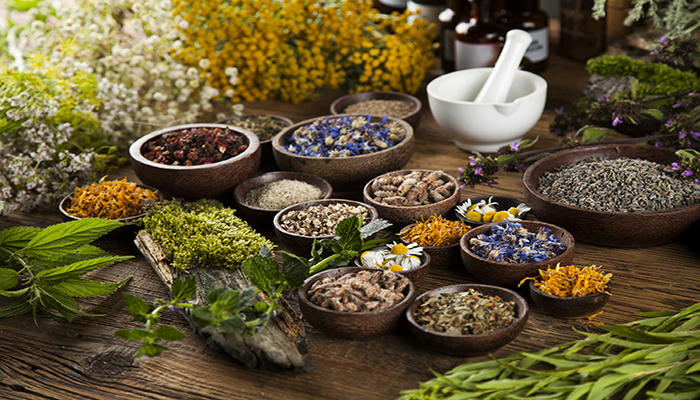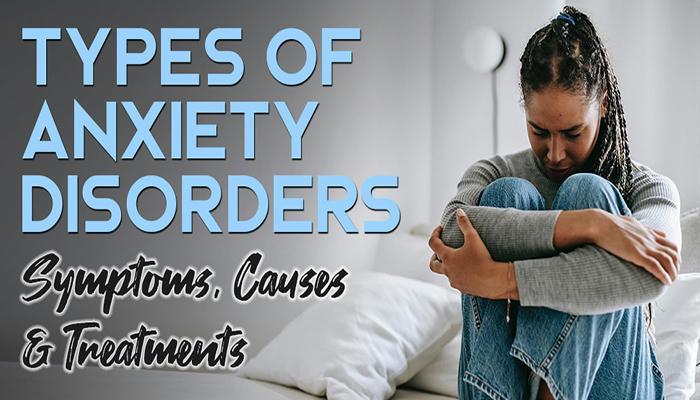Natural Remedies for Anxiety: What Actually Helps and What to Avoid
Anxiety is a widespread issue that can feel overwhelming, affecting millions of people globally. While medications and therapy are common treatments, many individuals are exploring natural remedies to manage their symptoms. But with so many options out there, which ones truly work? Let’s explore the most popular natural remedies for anxiety, backed by science, and uncover which ones are worth trying—and which ones to steer clear of.

1. Herbal Supplements: Nature’s Calming Agents
Herbal remedies have been used for centuries to soothe the mind and body. Here are some of the most effective herbs for anxiety:
•Chamomile: Known for its calming properties, chamomile is often consumed as a tea. Research suggests it can help reduce mild anxiety symptoms by acting as a gentle sedative. A study in Phytomedicine found that chamomile extract significantly eased symptoms of generalized anxiety disorder (GAD).
•Lavender: Lavender oil, commonly used in aromatherapy, has been shown to reduce anxiety and promote relaxation. For example, a study found that lavender oil helped calm patients undergoing dental surgery.
•Passionflower: This lesser-known herb has demonstrated potential in reducing anxiety, with some studies suggesting it can be as effective as certain prescription medications, but with fewer side effects.
What to Keep in Mind: While these herbs can be helpful, they may not work for everyone. Always consult a healthcare provider before trying herbal supplements, especially if you’re taking other medications.
2. Essential Oils: Aromatherapy for Relaxation

Aromatherapy uses the power of scent to influence the brain and promote relaxation. Here are some essential oils that may help ease anxiety:
•Lavender: As mentioned, lavender is a go-to for reducing stress and improving sleep quality.
•Bergamot: This citrusy oil has been shown to lower anxiety levels in studies, making it a great option for inhalation therapy.
•Ylang-Ylang: Known for its floral scent, ylang-ylang can help reduce heart rate and blood pressure, both of which are often elevated during anxiety episodes.
Safety Tip: Always dilute essential oils with a carrier oil before applying them to your skin, and avoid using them if you have sensitive skin or allergies.
3. Mindfulness and Meditation: Calming the Mind

Mindfulness and meditation are powerful tools for managing anxiety. These practices encourage you to focus on the present moment, reducing the tendency to dwell on past regrets or future worries.
•Mindfulness Meditation: Studies have shown that regular mindfulness practice can significantly reduce anxiety and improve emotional regulation. A meta-analysis in JAMA Internal Medicine confirmed its effectiveness in lowering stress and anxiety levels.
•Daily Practices: Simple exercises like deep breathing or body scans can be done anywhere, making mindfulness an accessible and practical way to manage anxiety.
4. Exercise: Movement for Mental Health
Physical activity is one of the most effective natural remedies for anxiety. Exercise releases endorphins, the brain’s natural mood boosters, and reduces stress hormones like cortisol.
•Aerobic Exercise: Activities like running, swimming, or cycling can significantly lower anxiety levels.
•Mind-Body Exercises: Yoga and tai chi combine physical movement with mindfulness, offering a dual benefit for mental and physical health.
Why It Works: Regular exercise not only reduces anxiety but also improves sleep, boosts self-esteem, and provides a sense of accomplishment. Even a daily walk can make a noticeable difference.
5. Dietary Changes: Nourishing the Brain

What you eat can impact your mental health. A balanced diet rich in essential nutrients supports brain function and mood regulation.
•Magnesium: Found in leafy greens, nuts, and seeds, magnesium helps calm the nervous system and may reduce anxiety.
•Omega-3 Fatty Acids: These healthy fats, found in fatty fish, walnuts, and flaxseeds, have been linked to lower anxiety levels.
•Probiotics: A healthy gut microbiome is essential for mental health. Foods like yogurt, kefir, and fermented vegetables can improve gut health and potentially reduce anxiety.
Tip: While diet alone may not cure anxiety, it can play a supportive role in overall mental well-being.
What Doesn’t Work: Avoiding False Promises
Not all natural remedies are effective—or safe. Here are some options to approach with caution:
•Alcohol: While it may provide temporary relief, alcohol ultimately increases anxiety and can lead to dependence.
•Unregulated Supplements: Many herbal supplements lack strong scientific evidence, and their quality can vary. Some may even cause adverse reactions.
•Over-the-Counter Products: Be wary of products claiming to offer instant anxiety relief. Many lack sufficient evidence and may not be safe.
Conclusion: A Balanced Approach to Anxiety Relief
Natural remedies can be a valuable part of an anxiety management plan, but they’re not a one-size-fits-all solution. Herbal supplements, essential oils, mindfulness, exercise, and dietary changes all have the potential to help, but it’s important to use them wisely and in consultation with a healthcare provider.
Avoid quick fixes like alcohol or unregulated supplements, and focus on evidence-based strategies that support long-term mental health. By combining natural remedies with professional guidance, you can create a holistic approach to managing anxiety and improving your quality of life.
Final Thought: Managing anxiety is a journey, and natural remedies can be a helpful part of the process. Start small, stay consistent, and remember that seeking professional support is always a good idea. With the right tools and mindset, you can find relief and regain control over your mental well-being.
